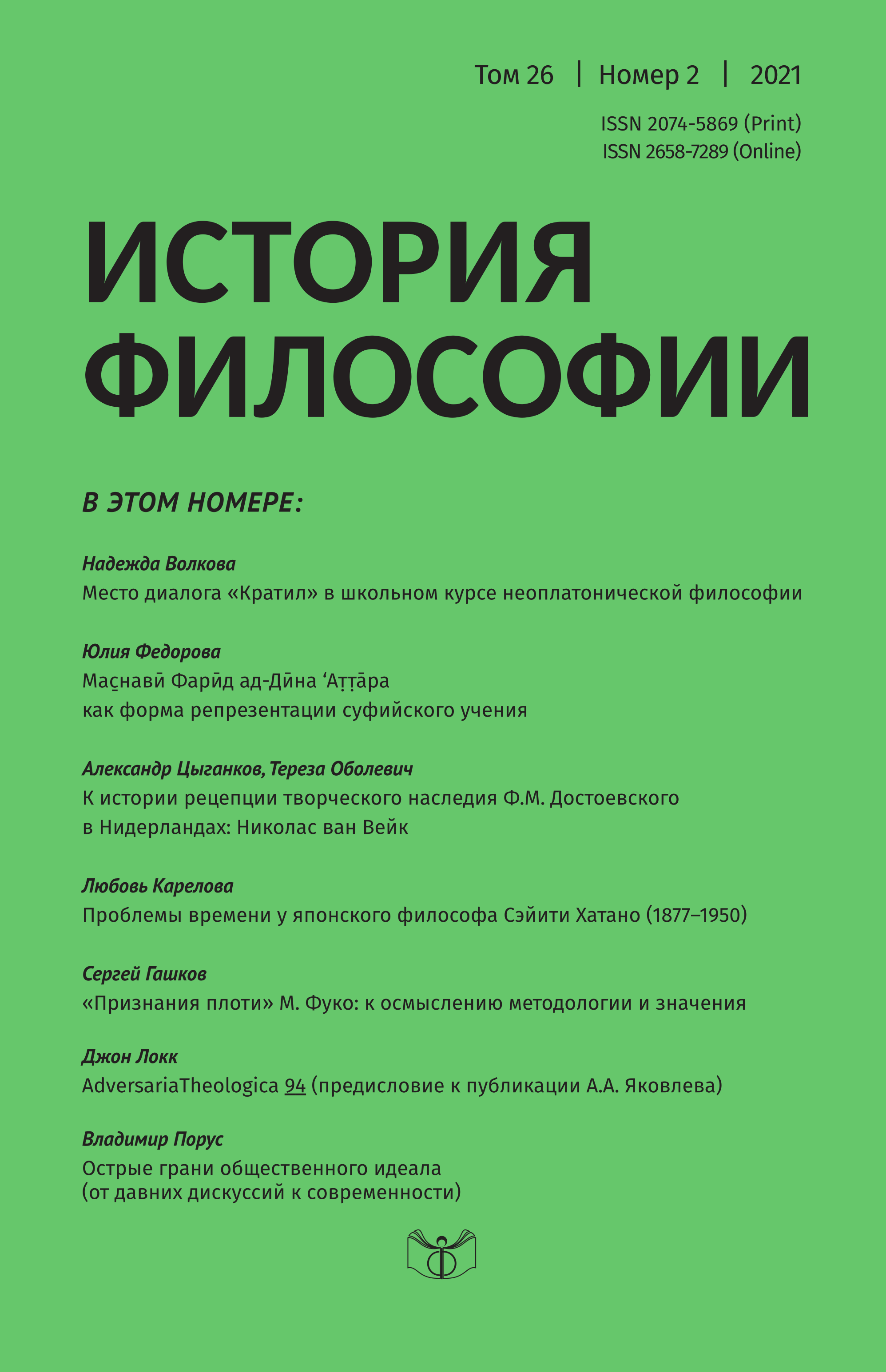Psychoanalytical Theory of Child Development by D. Winnicott
Keywords:
Donald Winnicott, playing, good enough mother, holding, true self, false self, transitional object, transitional phenomenonAbstract
The article deals with the psychodynamic theory of the development of the individual in his personal relationships created by the English psychoanalyst and psychiatrist D. Winnicott. Winnicott created a special model of the intersubjective approach in clinical psychoanalysis. According to this approach, the studied subject, considered in the context of its culture, is largely determined by the past history of its development. Winnicott believed that a third area, the cultural experience of mankind, should be added to the other two areas explored in psychoanalytic theory: the inner psychic reality of the individual and the real world and the people living in it. His studies of childhood, in which he studied the relationship of the infant with the mother, the phenomenon of the transitional object, the role and influence of play in therapeutic work, etc., are particularly well known. According to the author of the article, Winnicott's study of the earliest experiences of the infant, due to the primary connection “mother-baby”, gave rise to the ideas that have become key to understanding these deepest levels of mental life.

